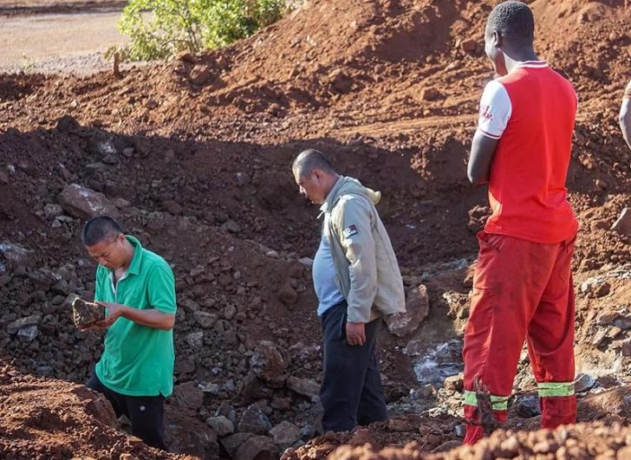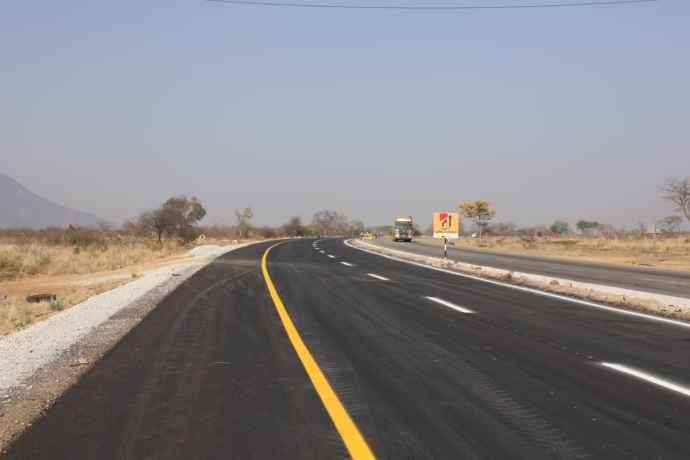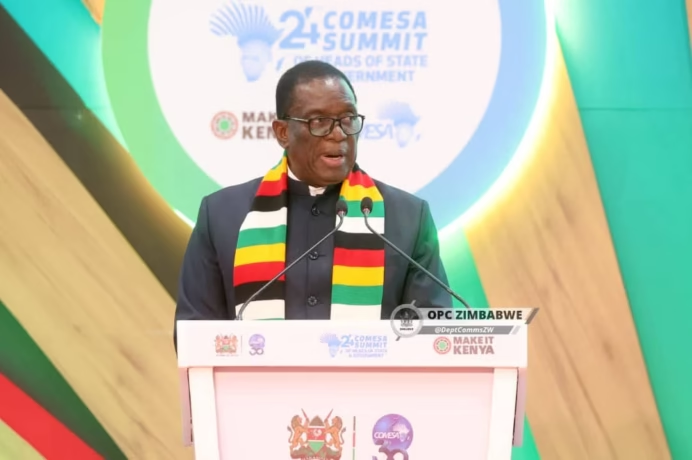
The Government, through the Ministry of Local Government and Public Works, has signed a Drought Flash Appeal with the United Nations Resident and Humanitarian Coordinator in Zimbabwe. This initiative aims to mobilize US$429.3 million towards drought mitigation, addressing part of the country’s national requirement of US$3.3 billion. The signing comes as President Emmerson Mnangagwa reassures the nation that no one will die of hunger due to the El Nino-induced drought.Following President Mnangagwa’s declaration of the drought as a State of Disaster, he emphasized the government’s commitment to mobilizing resources both domestically and internationally. The signing of the Joint Drought Flash Appeal with the UN, targeting to raise US$429.3 million, highlights the government’s dedication to combating the drought’s effects.The Drought Flash Appeal aims to cover 13% of the national appeal requirements. The overall appeal of US$3.3 billion targets critical areas such as search and rescue, mitigation, response, and resilience-building. The Food Security and Livelihoods sectoral response strategy will align with the Drought Risk Management Strategy 2017-2025, with the Food Agriculture Organisation (FAO) and the Ministry of Lands, Agriculture, Fisheries, Water and Rural Development working together to resource the agriculture sector through crop production and livestock protection strategies.In rural areas, food assistance will be provided through the Food Deficit Mitigation Programme, implemented by the Ministry of Public Service, Labour and Social Welfare. In urban areas, the World Food Programme will work with the Ministry to implement cash-based transfers supporting food-insecure households.For Water, Sanitation, and Hygiene (WASH), the sector will establish and strengthen early-warning, surveillance, and monitoring systems to understand the drought’s impact on access to safe drinking water. The sector also aims to provide climate-resilient and safe water services to communities, health facilities, and schools by rehabilitating existing boreholes and drilling new ones equipped with solar-powered pumps.Village and School Business Units will be enhanced through water provision and drip irrigation technology. The government is committed to ensuring no one starves due to the El Nino-induced disaster while building national food security resilience. For example, about 80 households in Ward 3, Bulilima district, Matabeleland South Province, now have access to tap water from a solar-powered borehole, thanks to the Presidential Borehole Drilling Scheme. This initiative aims to improve food and nutrition security through nutrition gardens, which have the potential to generate US$10,000 annually.This comprehensive approach underscores the government’s dedication to mitigating the effects of the drought and ensuring the well-being of all Zimbabweans.
Positive Eye News




